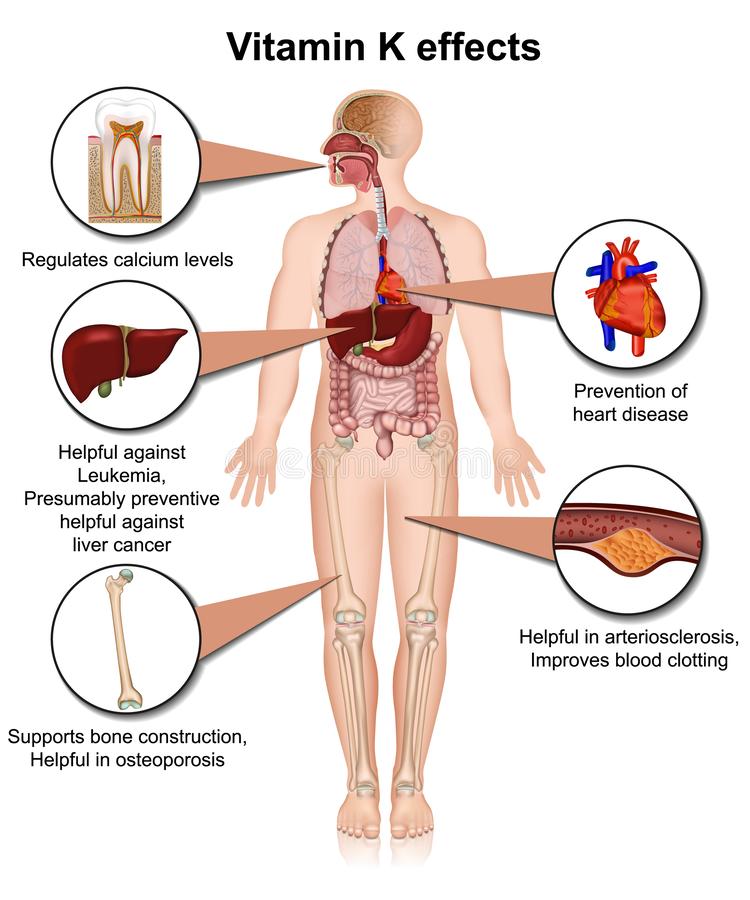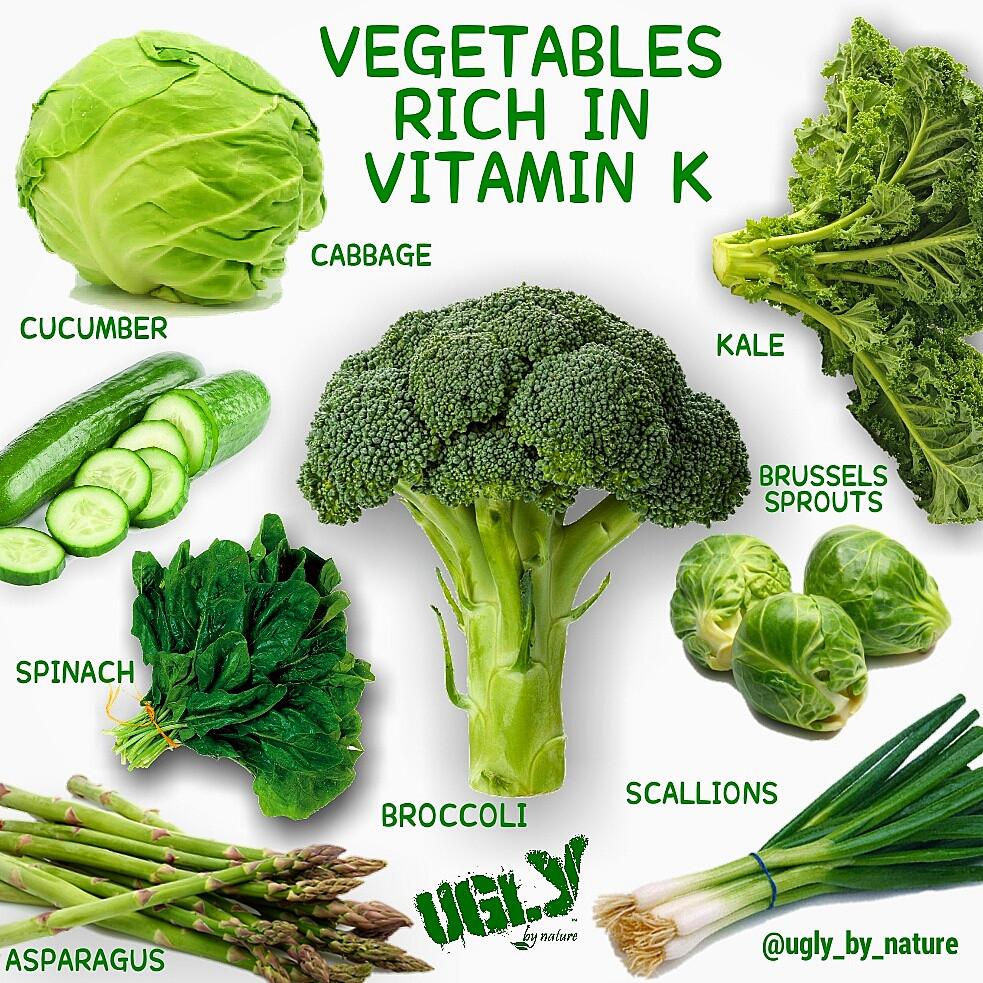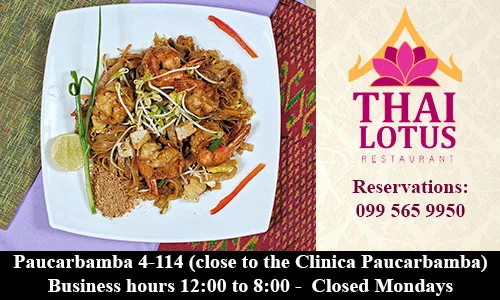Are you getting enough vitamin K? Older adults — particularly older men may not be
Research has shown that too little vitamin K is associated with age-related concerns, such as cognitive function, heart health and mobility.
For example, in one study this year by Booth and her colleagues, older people with low blood levels of the vitamin were more likely to have difficulty being physically active than those with higher levels.
And a 2015 study of people 65 and older, published in the journal Nutrients, found that those who consumed more vitamin K (207 micrograms or more per day from foods) performed better on cognition tests than their peers who ate less.
 What the vitamin does
What the vitamin does
“Vitamin K is important because it’s involved in blood clotting,” says Geoffrey Barnes, a cardiologist at the University of Michigan Samuel and Jean Frankel Cardiovascular Center in Ann Arbor.
It’s also required to make proteins that affect bone, cartilage and blood vessel health.
“It is emerging that vitamin K has a critical role in keeping tissues you don’t want to calcify from calcifying,” Booth says. For example, calcified cartilage in the knees is linked to osteoarthritis.
There are two main types of vitamin K: K1 is found mostly in dark green vegetables. K2 (which comprises several forms) is found in animal products, such as egg yolks, beef and fermented foods, says Julie Stefanski, a spokeswoman for the Academy of Nutrition and Dietetics who has educated health-care providers on vitamin K. K2 is also produced by the healthy bacteria in our guts.
But it’s more important to focus on getting enough of the vitamin than on the types.
“There is a misconception that vitamin K2 is the superior form,” Booth says. “But the scientific evidence shows that vitamin K1 is safe, readily available [in foods] and is converted to the right forms of vitamin K2 where needed.”
How to get enough
The recommended intake of vitamin K is 120 mcg for men and 90 mcg for women. A cup a day of many dark green veggies will give you that or more.
Consuming veggies with some fat will enhance absorption of the vitamin, Stefanski says, so consider sautéing your vegetables with olive oil or another healthy fat, or drizzling some on before serving.
Some good sources of vitamin K include collard greens (773 mcg per cup), kale (494 mcg per cup), broccoli (254 mcg per medium stalk), Brussels sprouts (219 mcg per cup), spinach (145 mcg per cup, raw), pesto sauce (118 mcg per ¼ cup), asparagus (91 mcg, per cup), kiwi fruit (73 mcg per cup), green beans (60 mcg per cup), bok choy (58 mcg per cup), avocado (46 mcg per cup), lettuce (46 mcg per cup), blueberries (29 mcg per cup) and soybean oil (25 mcg per tablespoon).
 Blood thinners and Vitamin K
Blood thinners and Vitamin K
The anticoagulant warfarin (Coumadin) prevents harmful blood clots by blocking the action of vitamin K, so people taking it need to regulate their intake of the vitamin.
But that doesn’t mean you should avoid vitamin K-rich foods — they supply other important nutrients, such as antioxidants, fiber, folate and potassium.
“If it’s green, it probably has vitamin K in it and you should be eating these foods, but it has to be a consistent amount every day,” Barnes says.
If you decide to add more vitamin K-containing foods to your diet, be sure to let your doctor know so that he can check your blood and alter your warfarin dose if necessary.
Newer anticoagulants, such as apixaban (Eliquis) and rivaroxaban (Xarelto), are not affected by vitamin K intake, Barnes says.
________________________
Credit: Consumer Reports



















